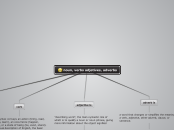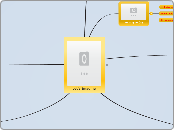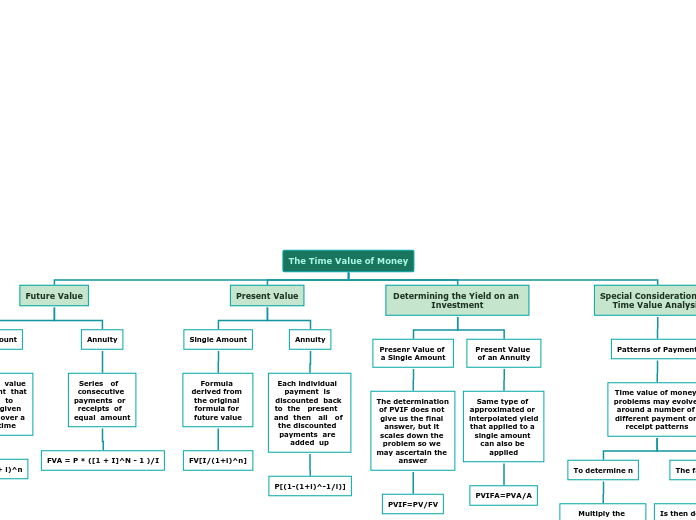Future Tense
Future Perfect Continuous
Form: S+ will have been + v(ing)
used: Like the future perfect simple, this form is used to project ourselves forward in time and to look back. It refers to events or actions in a time between now and some future time are unfinished. It is most often used with a time expression.:
When I come at 6:00, will you have been practicing long?
Next year I will have been working here for four years.
I will have been waiting here for three hours by six o'clock.
When I finish this course, I will have been learning English for twenty years
By 2001 I will have been living in London for sixteen years
Future Perfect
Form: S+ will have+ p.p
used: when we use this tense we are projecting ourselves forward into the future and looking back at an action that will be completed some time later than now. It is most often used with a time expression:
Won't they have arrived by 5:00?
You will have finished your report by this time next week.
By the time you read this I will have left.
I will have been here for six months on June 23rd.
Future Continuous
Form: S+ will be+ v(ing)
5- When combined with still, the future continuous refers to events that are already happening now and that we expect to continue some time into the future:
In an hour I'll still be ironing my clothes.
4- can be used to refer to continuous events that we expect to happen in the future:
When he is in Australia he will be staying with friends.
3- In the interrogative form, the future continuous can be used to ask politely for information about the future:
Will I be sleeping in this room?
2- can be used for predicting or guessing about future events:
He'll be coming to the meeting, I expect.
used: 1- can be used to project ourselves into the future:
This time next week I will be sun-bathing in Bali
Future Simple
Form: S+ will do+ v
9- With you in the interrogative form, to give an invitation:
Will you marry me?
8-With you, to give orders:
You will do exactly as I say
7- With I in the interrogative form using "shall", to ask for advice or instructions:
What shall I tell the boss about this money?
6- With we in the interrogative form using "shall", to make a suggestion:
Shall we go to the cinema tonight?
5- With I in the interrogative form using "shall", to make an offer:
Shall I open the window?
4- In the negative form, to express unwillingness:
The baby won't eat his soup
3- To express willingness:
I'll do the washing-up
2- With I or We, to express a spontaneous decision:
I'll pay for the tickets by credit card.
used: 1- to predict a future event:
It will rain tomorrow.









